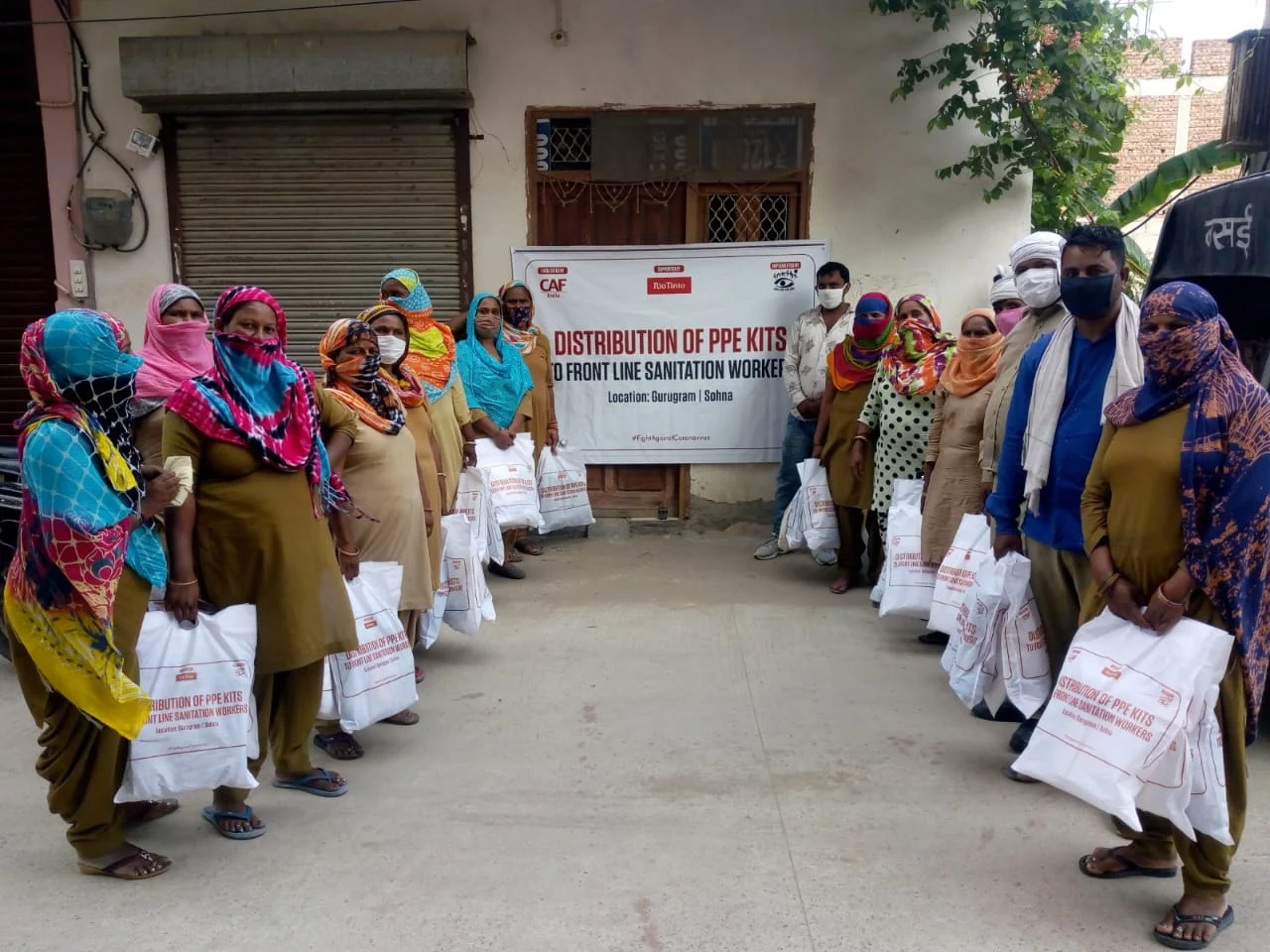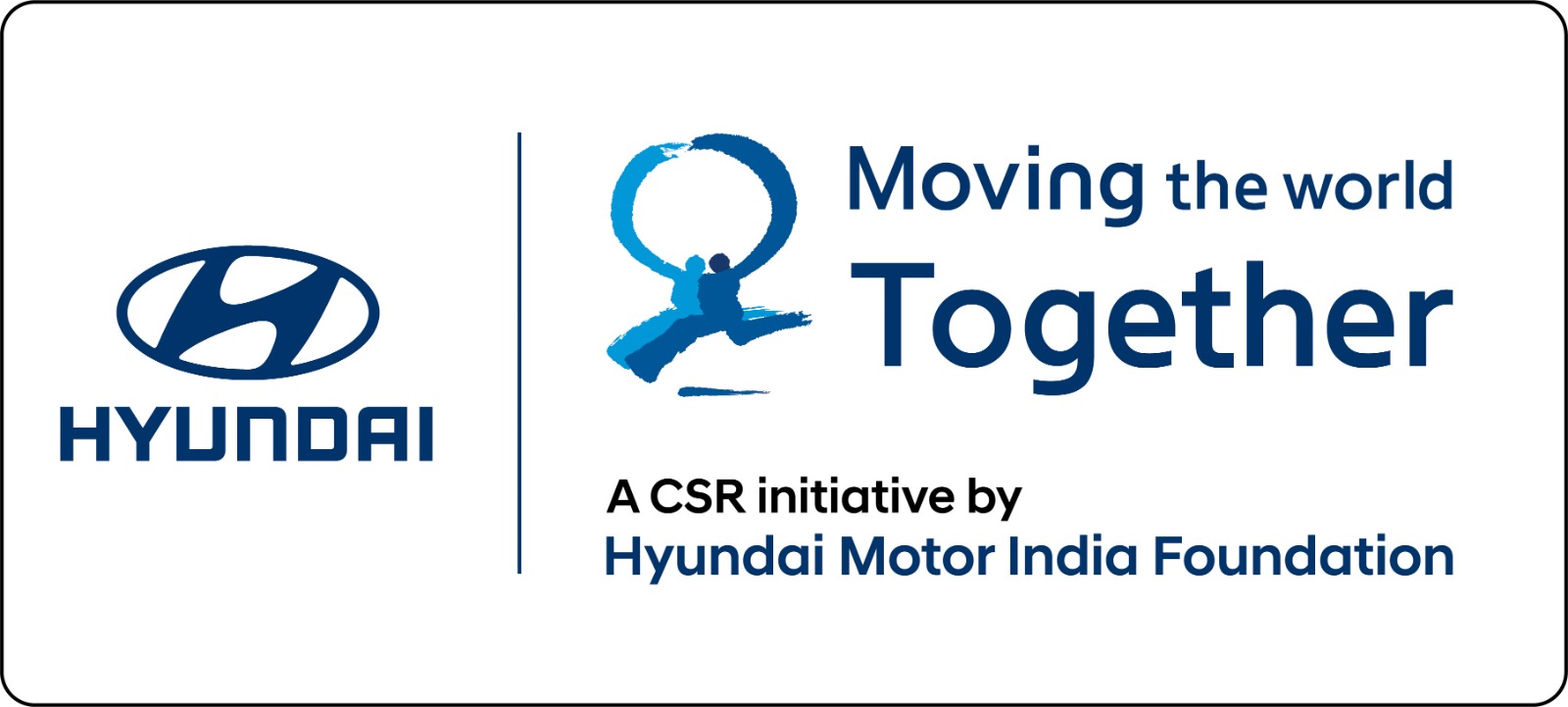The lockdown affected the lives of some of the most vulnerable communities across the country, such as migrant labourers, waste pickers, single mothers, artisans and sex workers. It is to cushion the impact of the crisis on these sections, and to ensure their access to essentials, that not-for-profit organizations are sending out appeals for funds.
Despite a crunch of funds, non-profit organizations have risen up to the occasion, to provide food, rations and hygiene kits to the poor, along with awareness generation about the virus and preventing its spread. They are educating people on social distancing, helping to combat the stigma, providing shelter and setting up community kitchens for those in need.

Sudhanshu Singh founder of Humanitarian Aid International says, “Dealing with disasters isn’t new to us, I have dealt with so many disasters, but we are in an unusual disaster now, which none of us has experienced before. This time it’s so difficult because people can’t come out and most of the things one has to do alone, as humanitarian workers, we have to be prepared to deal with uncertainties. We not only served cooked food and provided dry ration, we also started conducting online health care programme, gave sanitation support, and helped sanitation workers.”
Grassroots professionals or field workers play the key role of intermediary, bridging the gap between the government and community. This includes providing direct support by running programmes, particularly for vulnerable groups, who are often excluded from government services or untouched, as well as indirect support such as creating awareness about government programmes, building capacity of frontline workers, and so on. Field workers are also our eyes and ears on the ground, who are braving through all the challenges the pandemic has posed.
“Work is worship and I am doing my duty,” says Kavita Rani, a community worker from CAF India’s NGO partner, Sakshi, who has been instrumental in distribution of PPE kits to sanitation and healthcare workers in Gurgaon. “Earlier I thought I would not be able handle the pressure. The nature of work was too challenging, but thankfully, I was able to manage the things well, I feel proud of myself that I am able to serve for the humanity. Even my children had urged me several times not to go for field visits and risk my life. I told them if doctors can do, why can’t we? We should also contribute our bit,” she added.
Mitigating the challenges on her way to work was tough. Kavita had to work during the lockdown without proper transportation facilities. “We often walked several miles on foot, in the scorching heat, collecting data. Getting the data from hospitals was the most difficult task of all. I used to come back home reeking of medicines. However, nothing could deter us from our goal,” says Kavita.?
Similar is the story of another field worker; Sonu who has been working with Sakshi for the past five years. An active, enthusiastic community worker, Sonu has been working on the ground, without worrying about her own self. ?”Sometimes it’s all about how you can change someone’s life. The complete transformation that happens in that person’s life because of your little efforts is a feeling worth experiencing. It gives you inner happiness and joy which cannot be expressed,” she says.
The indomitable spirit of the NGOs, their volunteers, and community workers are hard to crush. They have taken on the pandemic and have proven that adversity can indeed bring out the best in all of us. Kamla Singh VSA volunteer sums it up: “There have been several volunteers who volunteered their time for free. It is not because they are worthless, but it is because they are priceless.”
Search
Categories
Recent Posts
- A brief visit to a project site in Gurugram
- How was CAF India born?
- ‘The plight of people moved me, and the heroic efforts of frontline workers inspired me to support COVID Relief work’
- 7 ways to take care of your Mental Health during the pandemic
- 5 things you must keep in mind before forwarding information on COVID












.png)

.png)

